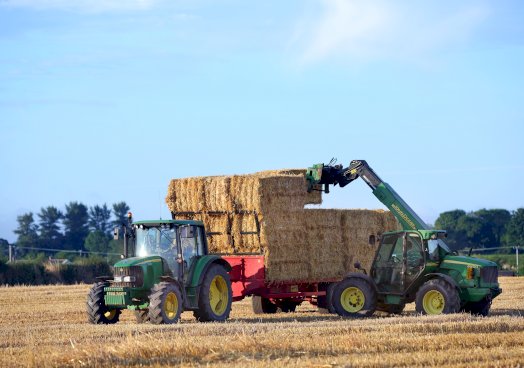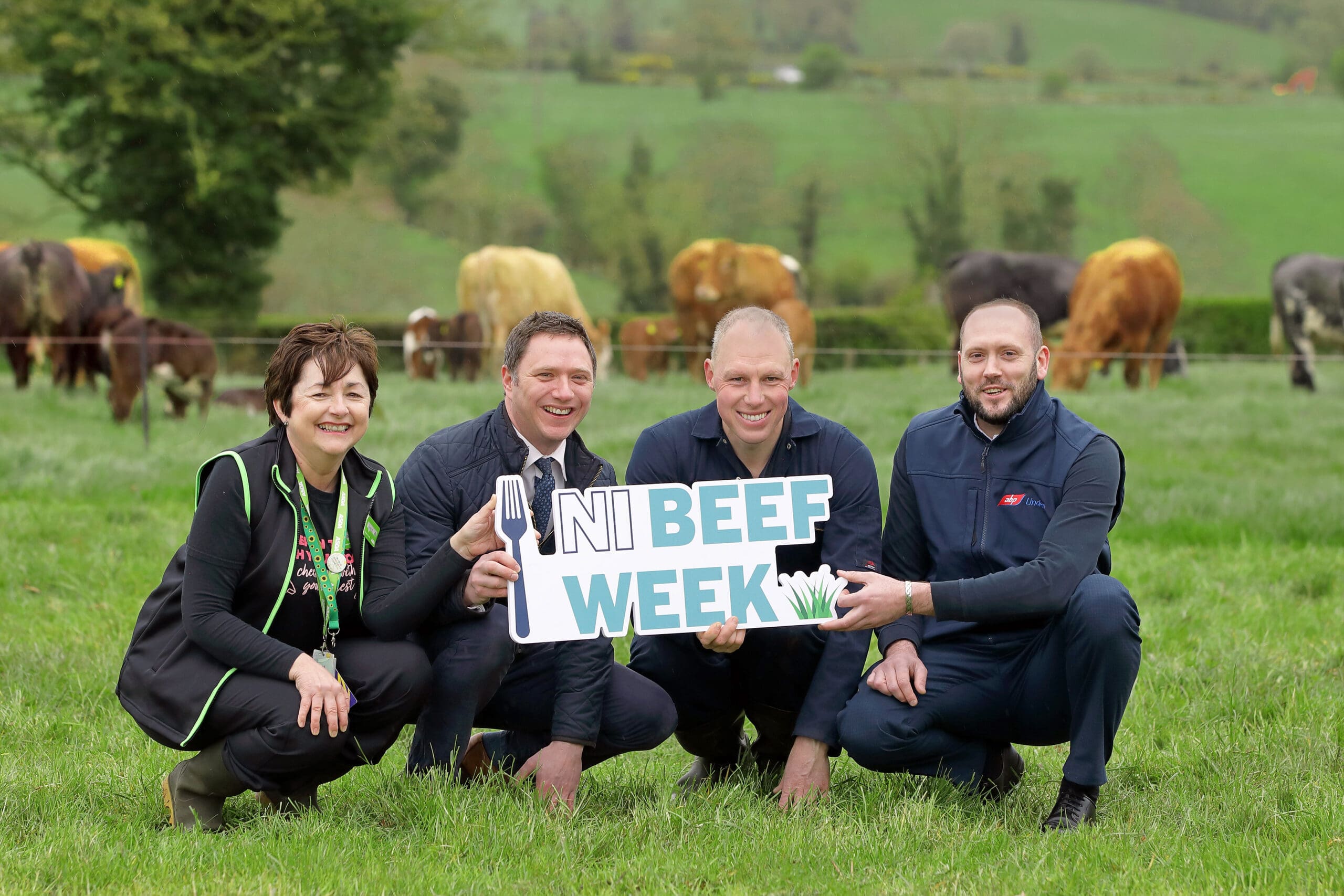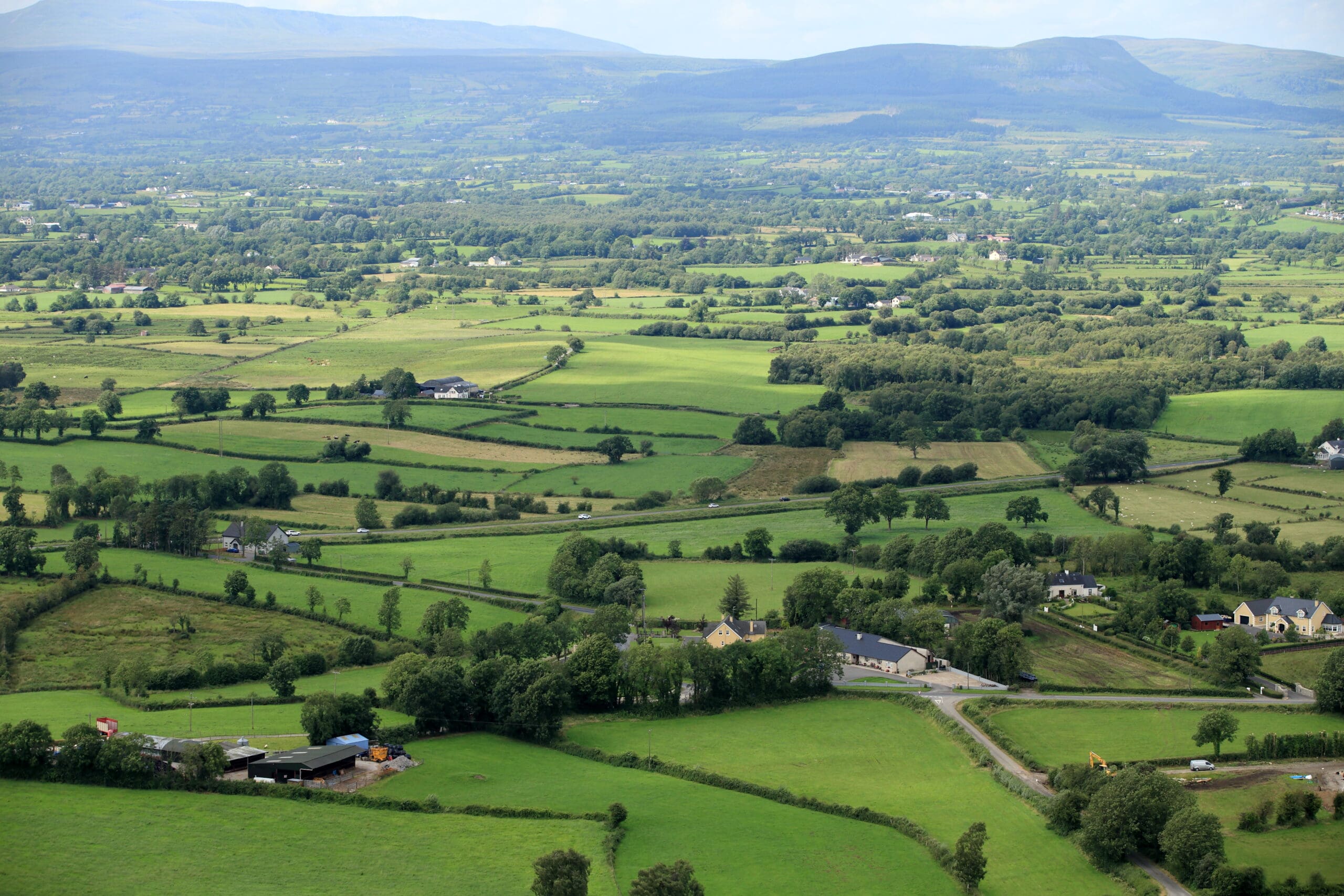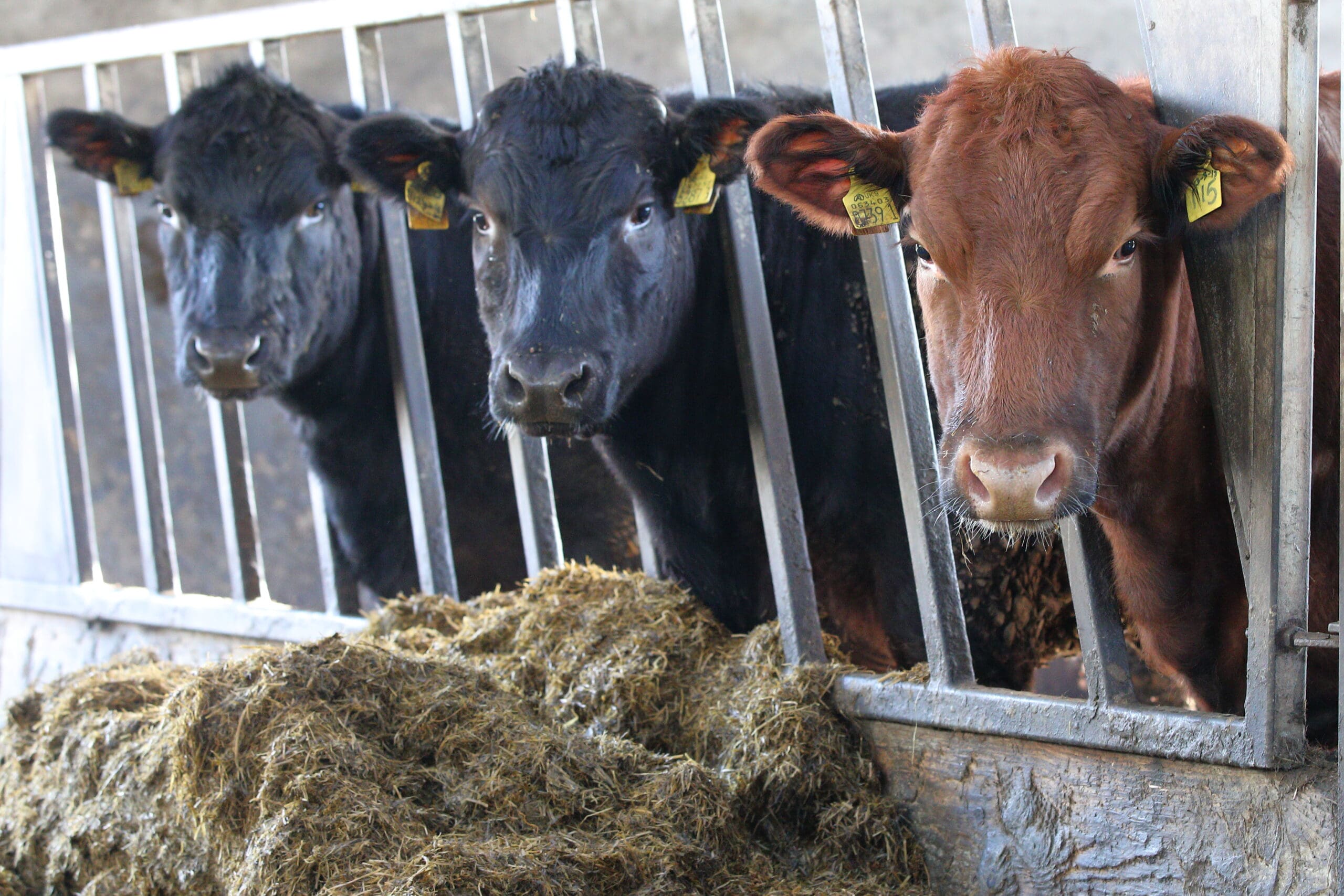
Policy blog by policy manager James McCluggage
At the start of 2022, the word ‘environment’ was a hot topic. We had a Climate Change Private Members Bill (PMB) forwarded by Green Party Leader Clare Bailey, being debated in Stormont which had the potential to devastate the entire Northern Ireland (NI) agri food industry. It saw over 500 Ulster Farmers’ Union members heading to Stormont in protest, in hope that the politicians would see some form of sense.
As the months progressed the PMB was put to bed, however, it was a battle and took some convincing regarding a number of the political parties. Eventually, we did get climate change legislation that was more workable for farmers. We then went to an election when suddenly the hot topic of ‘environment’ seemed to be forgotten about and ‘cost of living’ took over. Clare Bailey lost her seat along with her other Green Party colleague. We had days/weeks of discussion on Stormont restoring and still no political commentary on the word ‘environment’.
However, as the dust settles slowly yet again, we see the environmental NGO’s starting to give agriculture a kicking.
It’s now time to remind society again, that farming has played a key role in shaping the countryside we all enjoy today. Every sector – livestock, arable, horticulture, upland, lowland, organic and conventional, and every type of farm, continues to carry out a huge amount of work to protect and enhance the landscape, encourage wildlife, benefit soil and water, and reduce their impact on the climate whilst producing safe, affordable, traceable food.
More needs to be done to celebrate the good work farmers are doing to protect and enhance the farmed environment. There are fantastic opportunities going forward. Those in marginal land need to be recognised for the environmental dividend they are creating and on the other hand, there is potential for those in lowland to optimise food production of their land as well the environmental dividend.
On every individual farm, the majority have different land types and landscapes. Farming as a whole has traditionally been looked at as one group by government.
Policy makers along with industry need to help break that narrative. Policy needs to change to help do this in a supportive way. This battle of production vs environment is flawed, both can be done together, increasing food production and increasing environmental dividends across a range of land types.
Over the next 20 years, the NI farming industry will undergo significant changes in policy, markets and consumer demand, the likes of which some will not have been seen in a lifetime. It is a time of challenge but also a time of great, potential opportunity. There may be a biodiversity and climate crisis in some parts of the world, but NI is in a fantastic position globally in terms of how it looks after the environment whilst at the same time producing some of the best food you could ask for. We can already do this sustainably here in NI, and we may in the future also need to produce for other countries too.
However, the most critical thing is the need for an enabling future domestic agricultural policy which allows our farmers and growers to have the best possible tools and support for their businesses, to be able to adapt and take advantage of what opportunities present themselves over the coming years.




